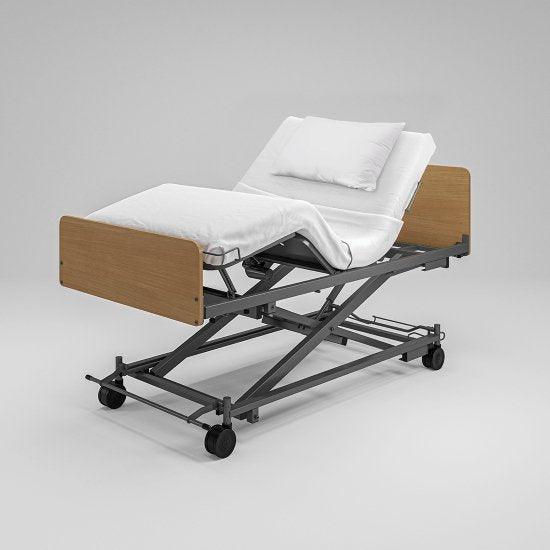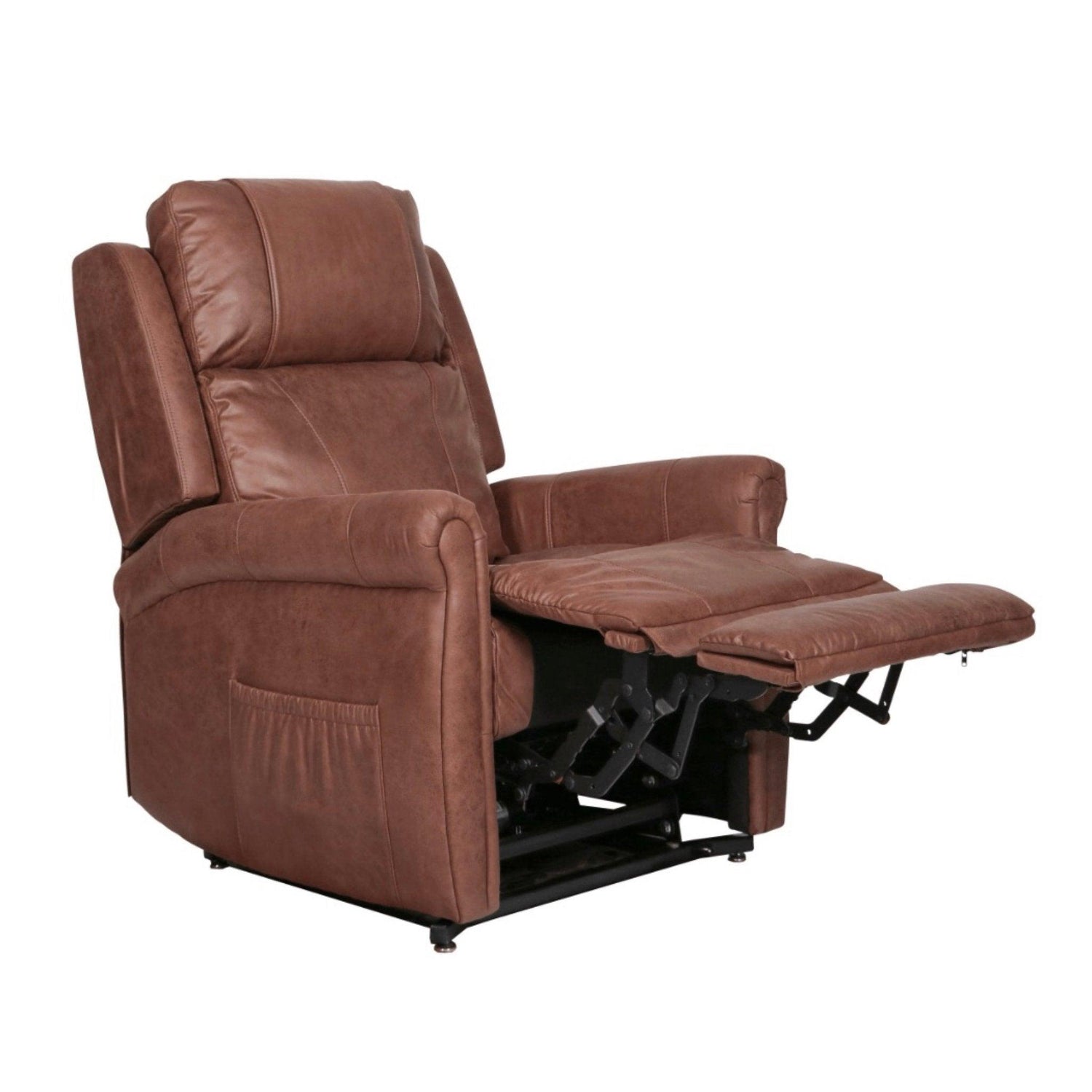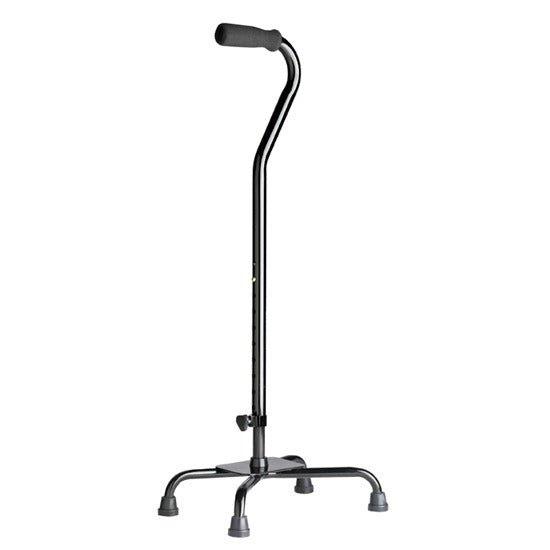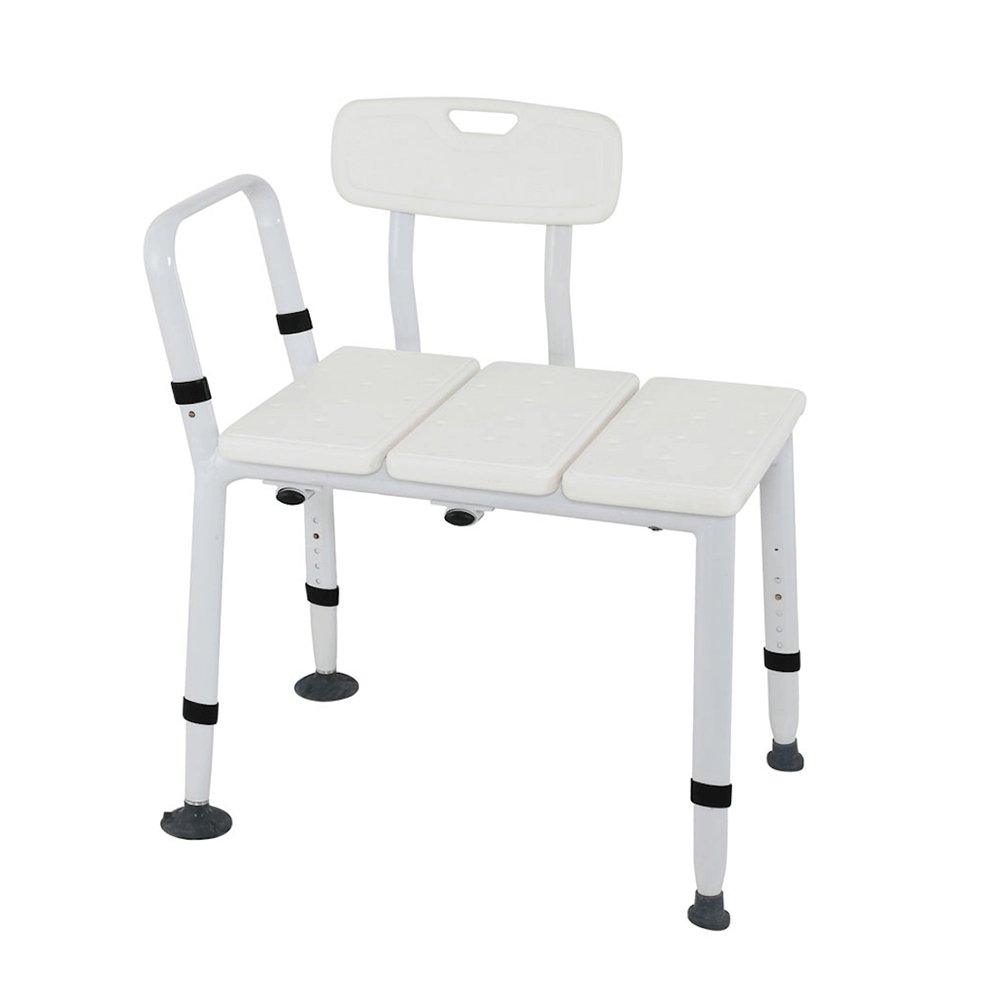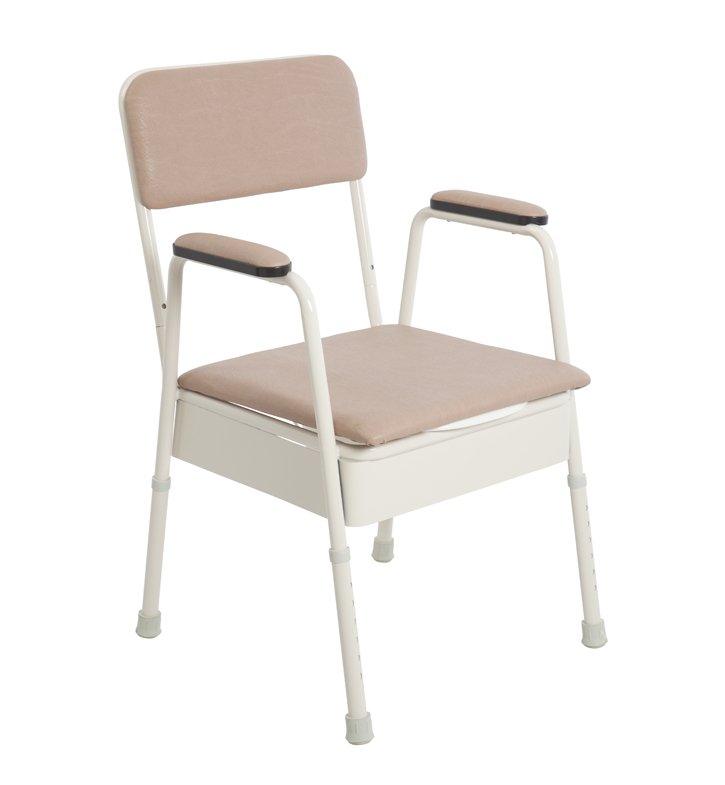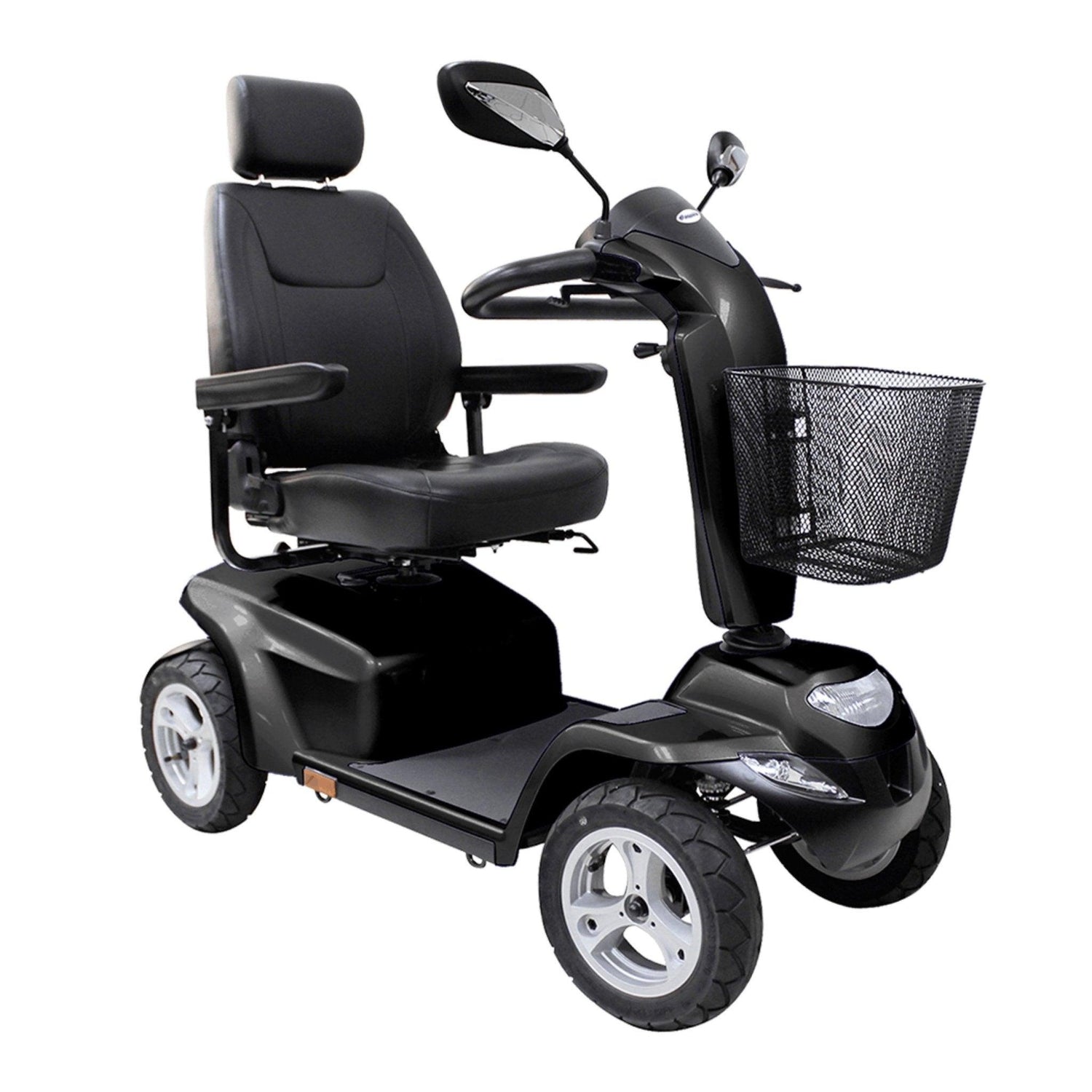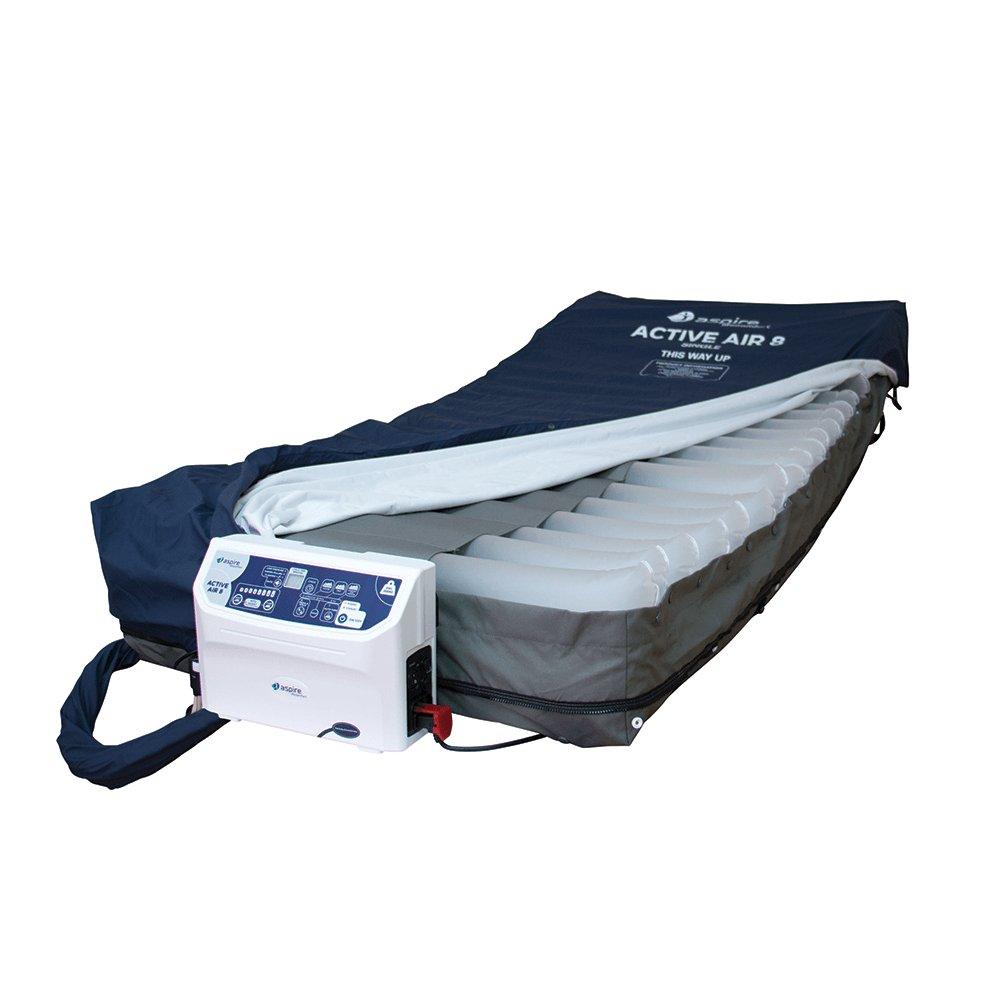
Rollator or Standard Walker: Finding the Right Mobility Aid for Your Needs
4MOBILITY WAShare This Blog
As we navigate the challenges of aging or living with a disability, the choice between a rollator and a standard walker can be a crucial decision that significantly impacts our daily lives. At 4Mobility WA, a registered NDIS provider in Perth, Western Australia, we understand the importance of selecting the right mobility aid to enhance independence, safety, and overall quality of life.
In this comprehensive blog post, we'll explore the key differences between rollators and standard walkers, their respective benefits, and how to determine which option best suits your unique needs. Whether you're seeking a solution for yourself or a loved one, this guide will empower you to make an informed decision that aligns with your lifestyle and mobility requirements.
Understanding Rollators and Standard Walkers
Rollators and standard walkers are both popular mobility aids, but they differ in their design and functionality. A rollator is a walker with wheels, typically four, that allows the user to walk while providing additional support and stability. In contrast, a standard walker is a more basic frame with four legs, often without wheels, requiring the user to lift and move the device with each step.
Rollators
Rollators offer several advantages that make them a popular choice for many individuals. Their wheeled design allows for easier movement, reducing the physical effort required to ambulate. This can be particularly beneficial for those with limited strength or endurance. Rollators often feature built-in seats, enabling users to rest when needed, and some models even have storage compartments for carrying personal items.
Standard Walkers
Standard walkers, on the other hand, provide a more stable and secure base for those who require additional support during walking. Without wheels, standard walkers offer a more controlled and deliberate gait, which can be advantageous for individuals with balance issues or who need to navigate uneven terrain. These walkers are generally lighter and more compact, making them easier to maneuver in tight spaces.
Factors to Consider When Choosing Between a Rollator and a Standard Walker
When deciding between a rollator and a standard walker, it's essential to carefully evaluate your specific needs and lifestyle. Here are some key factors to consider:
Mobility and Stability
If you have limited mobility or balance concerns, a rollator may be the better choice, as its wheels can provide a more effortless and stable walking experience. However, if you require a more secure and controlled gait, a standard walker may be the more suitable option.
Terrain and Environment
Consider the surfaces and environments you'll be navigating. Rollators excel on smooth, level surfaces, such as indoor settings or well-paved outdoor areas. Standard walkers, on the other hand, can be more versatile in navigating uneven terrain, stairs, or narrow spaces.
Physical Capabilities
Assess your upper body strength and endurance. Rollators typically require less physical effort to maneuver, making them a good choice for individuals with limited strength or stamina. Standard walkers, however, may be better suited for those with the ability to lift and move the device with each step.
Accessibility and Storage
Rollators often have a larger footprint and may be more challenging to store or transport, especially in smaller living spaces. Standard walkers, being more compact, can be easier to store and move around. Consider the available space in your home and your transportation needs when making your decision.
Personal Preferences and Lifestyle
Ultimately, your personal preferences and lifestyle should play a significant role in your choice. Consider factors such as your daily activities, social engagements, and personal style to ensure the selected mobility aid aligns with your preferences and enhances your overall quality of life.
Consulting with Healthcare Professionals
While this guide provides a general overview of the key considerations, it's essential to consult with healthcare professionals, such as occupational therapists or physical therapists, to ensure you make the most informed decision. These experts can assess your specific needs, provide personalized recommendations, and guide you through the selection process.
At 4Mobility WA, our team of experienced professionals is dedicated to supporting individuals with disabilities and helping them find the right mobility solutions. We offer a wide range of rollators, standard walkers, and other assistive devices, ensuring that you have access to the resources and guidance you need to maintain your independence and improve your quality of life.
Remember, the choice between a rollator and a standard walker is not a one-size-fits-all decision. By carefully considering your individual needs, preferences, and consulting with healthcare professionals, you can confidently select the mobility aid that will empower you to navigate your daily life with greater ease, safety, and independence.
Conclusion
Navigating the world of mobility aids can be a complex and personal journey, but with the right information and support, you can make an informed decision that aligns with your unique needs. Whether you choose a rollator or a standard walker, the team at 4Mobility WA is here to guide you every step of the way, ensuring that you have the tools and resources to live your life to the fullest.
For more information or to explore our selection of mobility aids, please visit our website at 4mobilitywa.com.au or contact us directly. We're dedicated to empowering individuals with disabilities and helping them achieve their goals.




